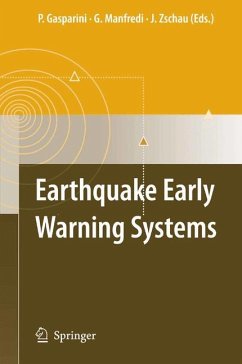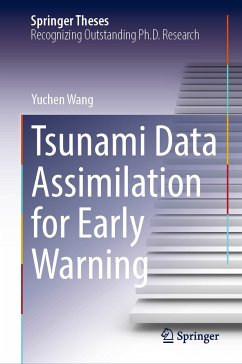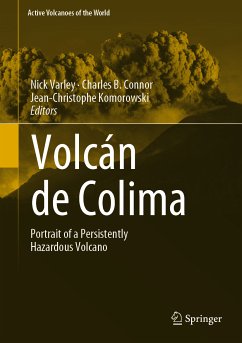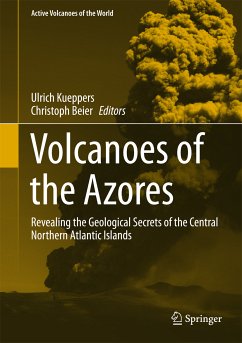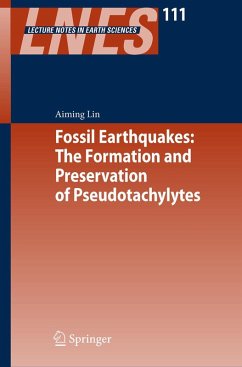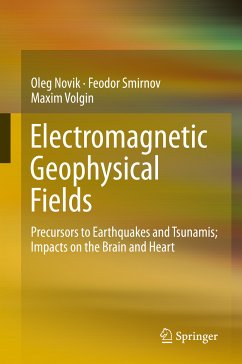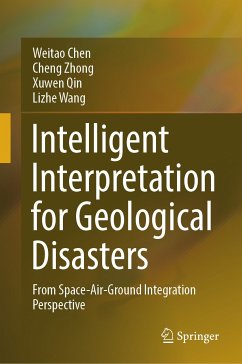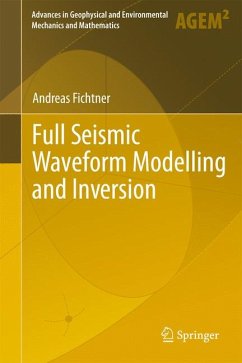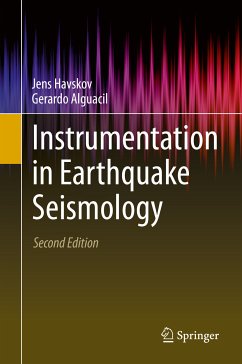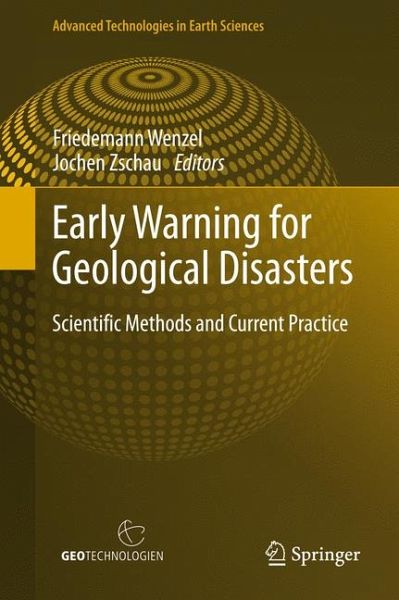
Early Warning for Geological Disasters (eBook, PDF)
Scientific Methods and Current Practice
Redaktion: Wenzel, Friedemann; Zschau, Jochen
Versandkostenfrei!
Sofort per Download lieferbar
112,95 €
inkl. MwSt.
Weitere Ausgaben:

PAYBACK Punkte
56 °P sammeln!
The past years have seen new technologies that could be utilized for early warning and real-time loss estimation. They include self-organizing sensor networks, new satellite imagery with high resolution, multi-sensor observational capacities, and crowd sourcing. From this and improved physical models, data processing and communication methodologies a significant step towards better early warning technologies has been achieved by research.At the same time, early warning systems became part of the disaster management practice for instance in Japan and Indonesia. This book marks the important poi...
The past years have seen new technologies that could be utilized for early warning and real-time loss estimation. They include self-organizing sensor networks, new satellite imagery with high resolution, multi-sensor observational capacities, and crowd sourcing. From this and improved physical models, data processing and communication methodologies a significant step towards better early warning technologies has been achieved by research.
At the same time, early warning systems became part of the disaster management practice for instance in Japan and Indonesia. This book marks the important point where:
At this critical point in development of early warning for geological disasters it is timely to provide a volume that documents the state-of-the-art, provides an overview on recent developments and serves as knowledge resource for researcher and practitioners.
At the same time, early warning systems became part of the disaster management practice for instance in Japan and Indonesia. This book marks the important point where:
- Research activities continue to improve early warning
- Experience with applications is expanding
At this critical point in development of early warning for geological disasters it is timely to provide a volume that documents the state-of-the-art, provides an overview on recent developments and serves as knowledge resource for researcher and practitioners.
Dieser Download kann aus rechtlichen Gründen nur mit Rechnungsadresse in A, B, BG, CY, CZ, D, DK, EW, E, FIN, F, GR, HR, H, IRL, I, LT, L, LR, M, NL, PL, P, R, S, SLO, SK ausgeliefert werden.




